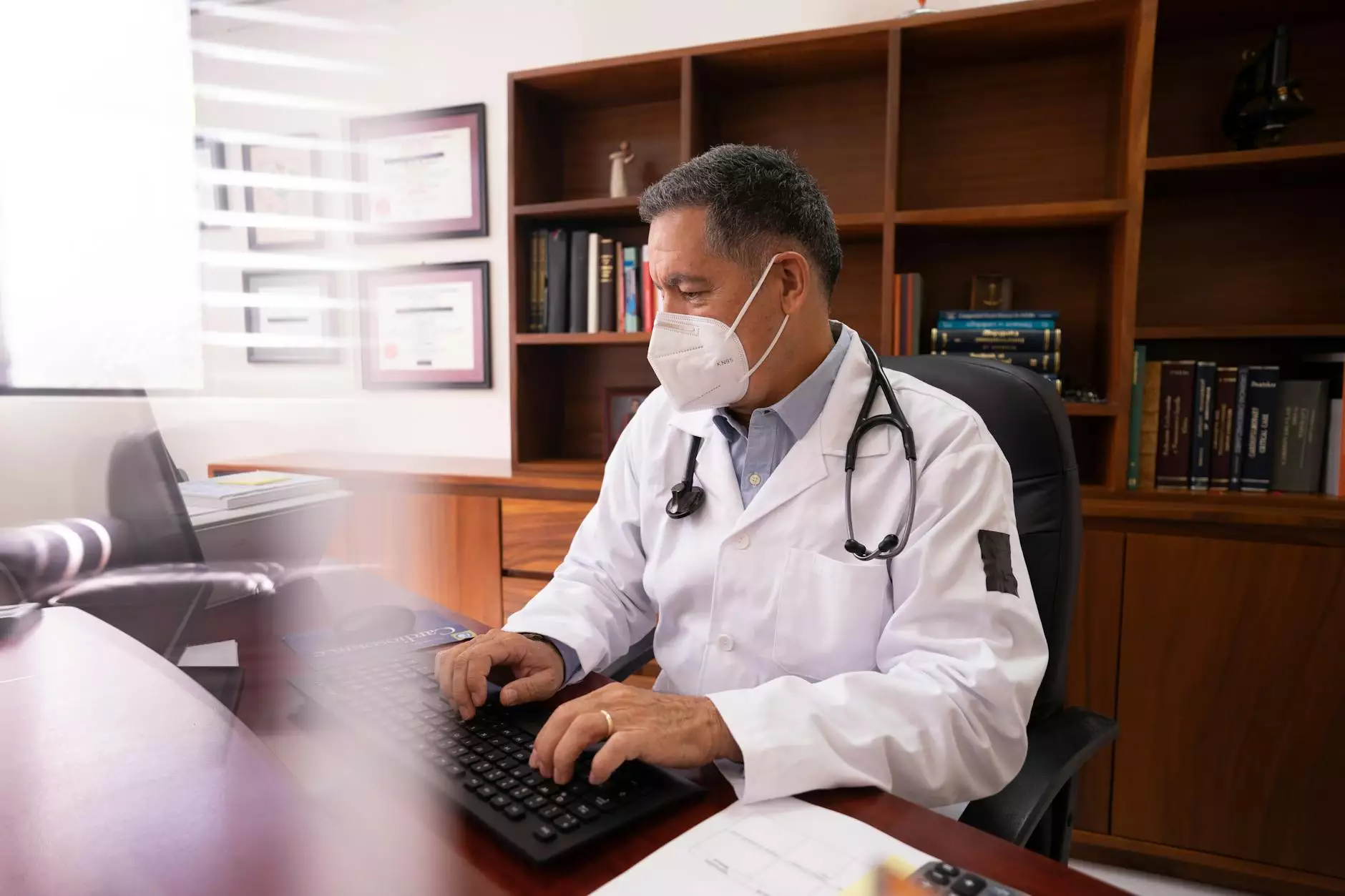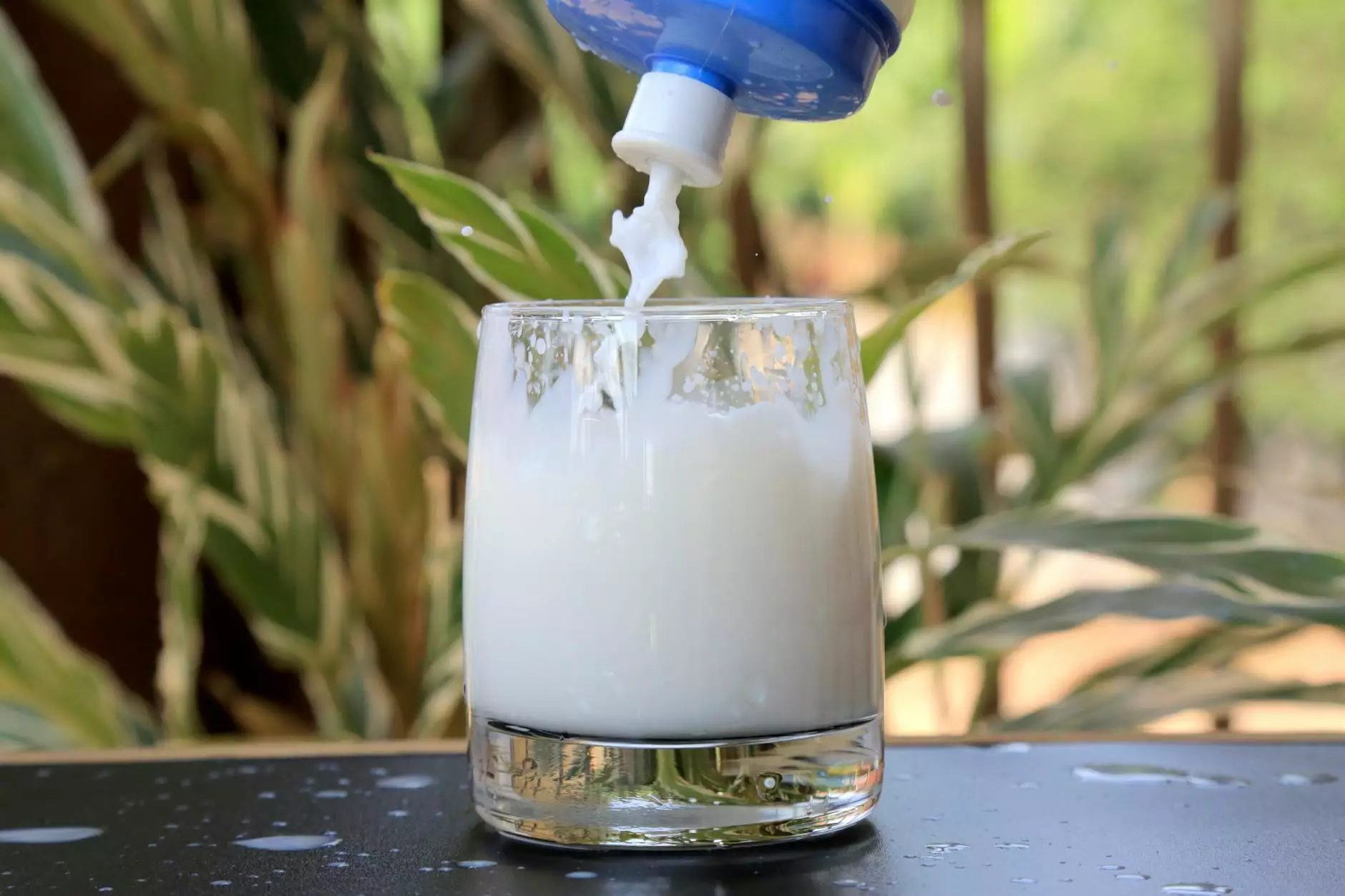Understanding Vein Health: The Essential Guide to Testing for Veins

Our health plays a crucial role in our daily lives, and understanding the condition of our vascular system is an essential piece of the puzzle. The topic of testing for veins has gained significant attention in recent years, particularly in the realms of vascular medicine and overall health and wellness. This article aims to shed light on why testing for veins is critical, the techniques used in these tests, and how the experts at Truffles Vein Specialists can assist in managing vascular health.
Why Is Vein Health Important?
Vein health is often overlooked until a problem arises. However, the importance of maintaining healthy veins cannot be underestimated. Here are several reasons why you should prioritize vein health:
- Prevention of Chronic Conditions: Issues like varicose veins or chronic venous insufficiency can lead to significant discomfort and health problems if not addressed early.
- Improved Circulation: Healthy veins are vital for proper blood circulation, which affects energy levels and overall wellbeing.
- Quality of Life: Maintaining good vein health helps improve mobility and reduce pain, leading to a better quality of life.
- Aesthetic Reasons: Many people prefer to address vein issues for cosmetic reasons, ensuring they feel confident and comfortable in their skin.
Common Signs That You May Need to Test for Veins
There are various signs that indicate it might be time to test for veins. Recognizing these symptoms early can lead to better outcomes:
- Visible Varicose Veins: Enlarged, twisted veins often appear blue or dark purple and may signify underlying issues.
- Leg Pain or Swelling: Experiencing discomfort or swelling in the legs, especially after prolonged periods of sitting or standing, could indicate venous problems.
- Skin Changes: If your skin appears discolored, thin, or even develops sores in the lower legs, you should consult a specialist.
- Cramping or Heavy Legs: A feeling of heaviness or cramping can worsen throughout the day, suggesting poor venous circulation.
Types of Tests for Vein Issues
When it comes to testing for veins, several advanced methodologies are employed by healthcare professionals to evaluate venous health effectively:
1. Ultrasound Venography
One of the most common and non-invasive tests used is ultrasound venography. This technique utilizes high-frequency sound waves to create images of the veins. The advantages include:
- Non-Invasive: Patients do not require any incisions, making it a safe procedure.
- Real-Time Imaging: This method allows doctors to observe blood flow in real time, identifying blockages or malfunctions.
- Guidance for Treatment: The results help in planning further treatment if necessary.
2. Magnetic Resonance Venography (MRV)
If more detailed imaging is required, particularly for deeper veins, then an MRV might be suggested. This yet another non-invasive option that provides comprehensive information about the veins and blood flow.
3. CT Angiography
CT angiography offers a detailed look at blood vessels. It is particularly helpful for examining larger vessels and is often used if there are indications of blockages or other severe issues. This method relies on the injection of a contrast dye.
4. Venous Pressure Testing
Venous pressure testing measures blood pressure in the veins to determine if blood flow is obstructed. This can help assess the function of the valves in the veins, providing insight into potential reflux issues.
The Importance of Professional Evaluation
While self-diagnosis can be tempting, it is crucial to consult an expert when you suspect vein issues. At Truffles Vein Specialists, our experienced team is dedicated to offering a comprehensive approach to vascular health, from testing for veins to treatment planning and management.
Preventative Measures for Healthy Veins
Testing for vein health is just one aspect of managing vascular wellness. Here are some preventative measures you can adopt to maintain healthy veins:
- Regular Exercise: Keeping active promotes good circulation and prevents blood from pooling in the veins.
- Healthy Diet: Consuming a diet rich in fiber and low in salt reduces the risk of vein-related issues.
- Avoid Prolonged Sitting or Standing: If your work requires extensive sitting or standing, take regular breaks to walk and stretch your legs.
- Weight Management: Maintaining a healthy weight reduces the stress on your veins and improves circulation.
When to Seek Help
If you experience persistent symptoms or have risk factors such as a family history of vein issues or sedentary lifestyle, it’s vital to seek help from a professional promptly. Early detection through testing for veins can drastically improve treatment outcomes and prevent more severe problems down the line.
Conclusion
In conclusion, the significance of vein health cannot be overstated. Whether you are experiencing symptoms or simply want to ensure your vascular wellness, testing for veins should be a priority. With the help of experts at Truffles Vein Specialists, you can receive thorough evaluations, personalized care, and effective treatments designed to promote a healthy vascular system. By prioritizing your vein health today, you are investing in a healthier, more vibrant tomorrow.









